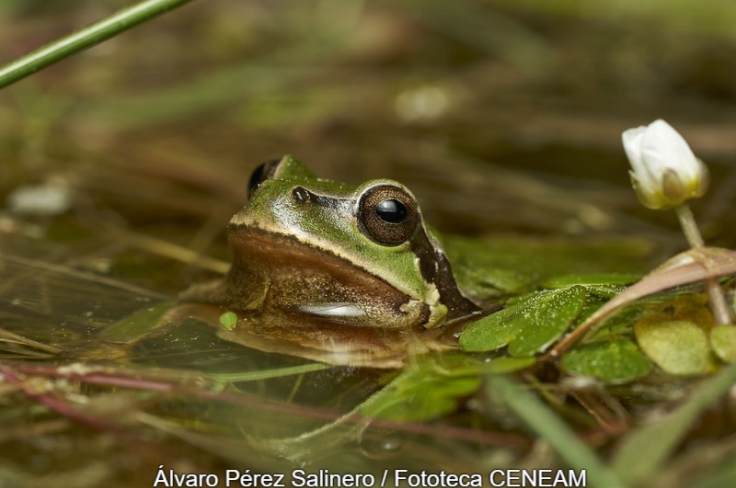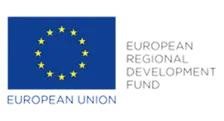Climate change impact assessment
We prepare climate change impact assessment studies on various areas to assist in strategic decision making.

DiadES aims to assess and improve the ecosystem services provided by diadromous fishes in the Atlantic Area and, in parallel, the conservation status of these species, by explicitly considering the expected impacts of climate change on their distributions in their management. Diadromous fish (shads, lampreys, eels, salmon, trout, mullets) are migratory, moving between fresh and marine waters.

Throughout their journey, diadromous fish provide ecosystem services (e.g. income, food or recreation) to local communities, but few quantitative estimates exist. These services could be threatened by climate change due to spatial reallocation of fish and related benefits.
FIC has been subcontracted by the DiadES consortium to evaluate, analyze and provide a series of climate scenarios and data. These include different historical reanalyses of marine variables (salinity, sea surface temperature, phytoplankton concentrations…) and atmospheric variables (maximum and minimum temperature, precipitation…). Future climate scenarios were also provided, under the framework of CMIP5 and the EURO-CORDEX project, for analysis and use by incorporating them into the different ecosystem and species models used.

Based on the follow-up programs of previous EU-funded projects, DiadES will have a positive impact on the management of diadromous fish in the face of global climate change:

We prepare climate change impact assessment studies on various areas to assist in strategic decision making.